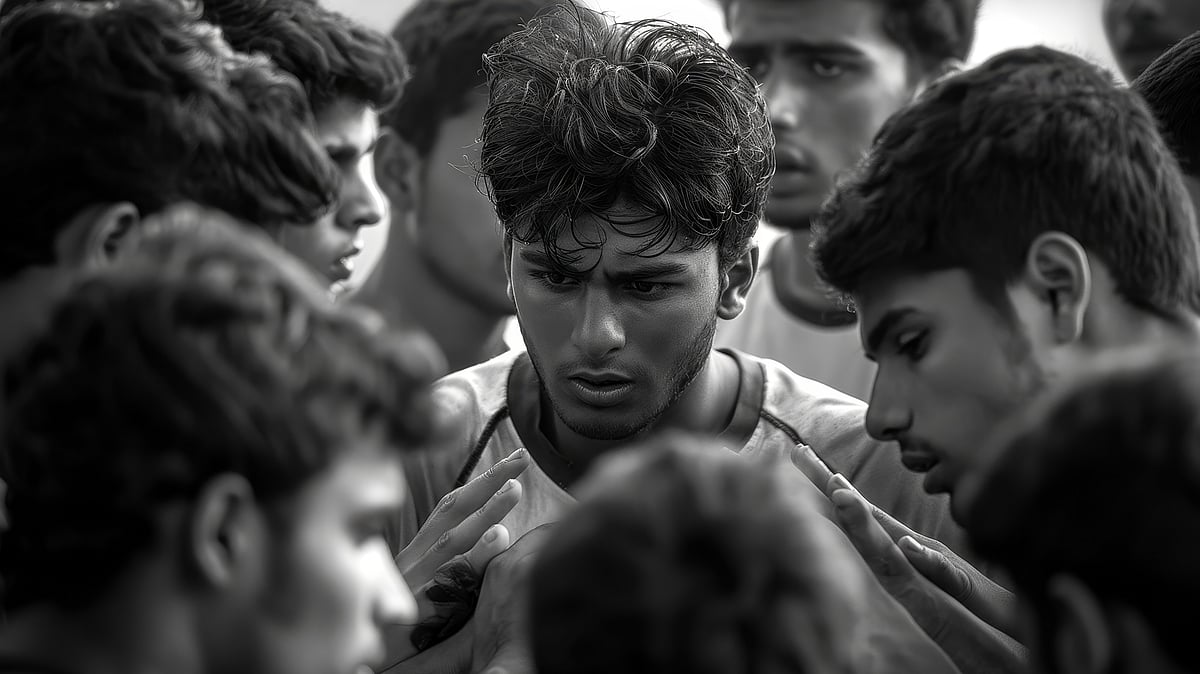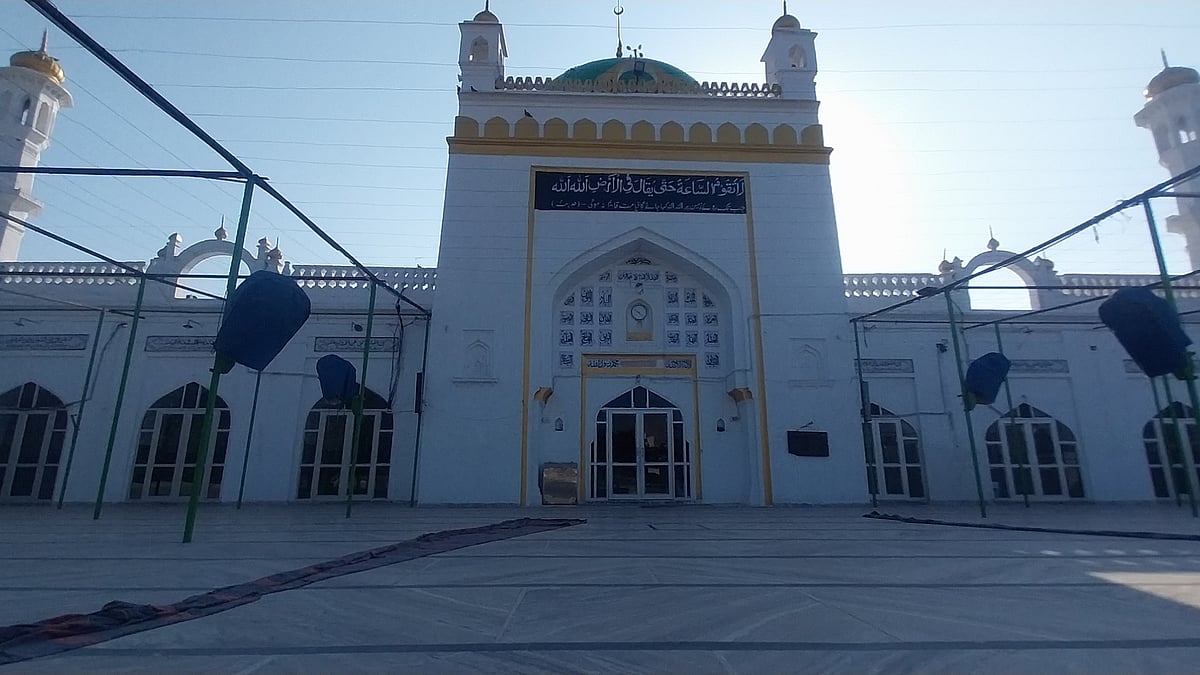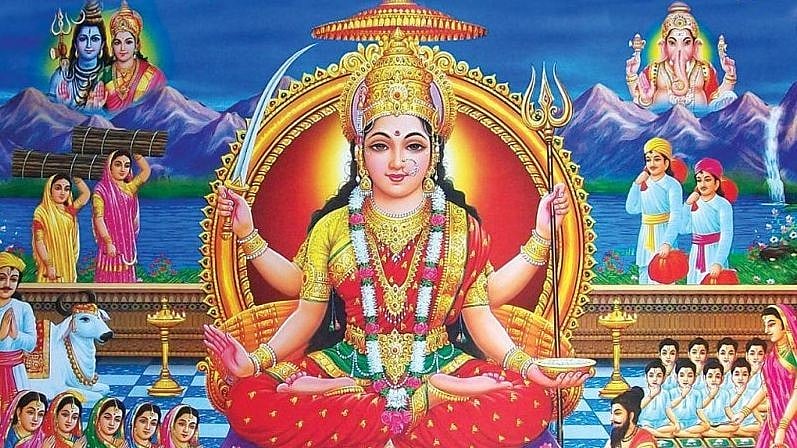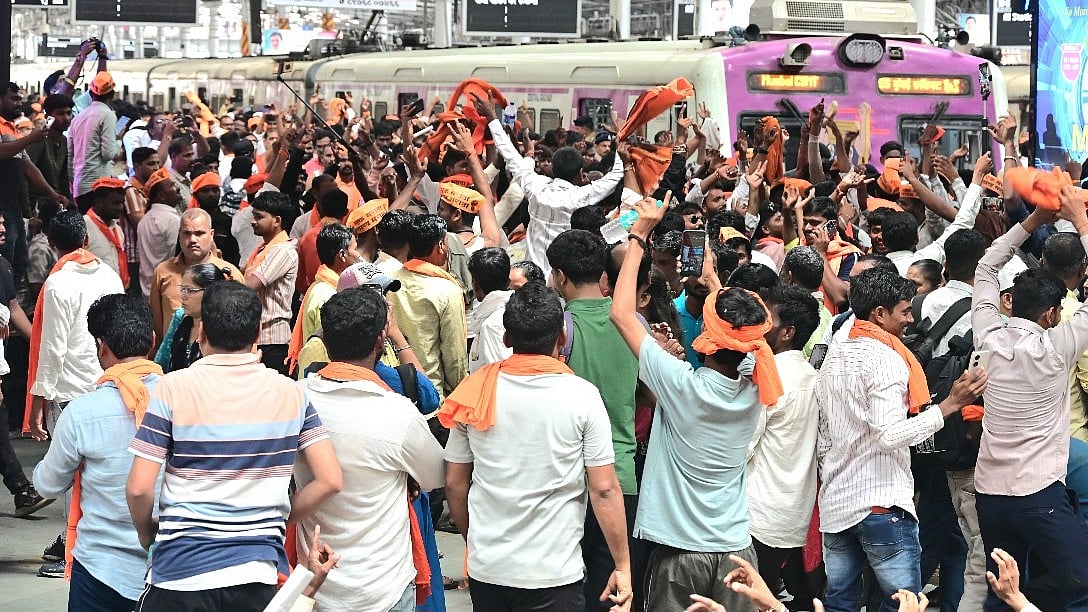On Independence Day, Prime Minister Narendra Modi described the Rashtriya Swayamsevak Sangh as the world’s largest NGO. What he left unsaid is that it is perhaps the only NGO in the world that has the privilege of running a government, or at least influencing one to the extent many believe it does. The RSS has travelled a long road since Dr K.B. Hedgewar founded it in 1925. From a small group of volunteers meeting in shakhas, it has grown into a formidable organisation, whose alumni control every lever of power in today’s India. It is against this backdrop that the three-day lecture series titled “100 Years of the Sangh Journey: New Horizons” assumes significance. Little surprise, RSS chief Mohan Bhagwat’s press conference on Thursday drew both national and international attention.
Bhagwat’s speeches tend to leave more unsaid than declared. Months ago, he suggested that age 75 marked a turning point in a man’s life, triggering speculation that he was hinting at Modi’s retirement. After all, Modi himself had used that age marker to sideline veterans like LK Advani and MM Joshi into the Margdarshak Mandal, which, ironically, neither met nor guided. Now, Bhagwat has clarified that there is no fixed retirement rule, suggesting Modi’s leadership will continue beyond September 17. The irony is that Bhagwat himself turns 75 a week earlier. His assurance that “there are 10 people in the Sangh who can take over” does little to mask the contrast between RSS’s consensus-driven succession and the BJP’s democratic process. His views on other matters also revealed contradictions. While indirectly opposing caste-based reservation, he stopped short of proposing its abolition, aware of the sensitivities involved. His advice that every couple should have three children betrayed both demographic and biological ignorance. Population replacement requires an average fertility rate of 2.1, not a blanket call for three children per couple. That some couples cannot, or choose not to, have children at all appears to have escaped his attention—perhaps not surprising for a lifelong bachelor.
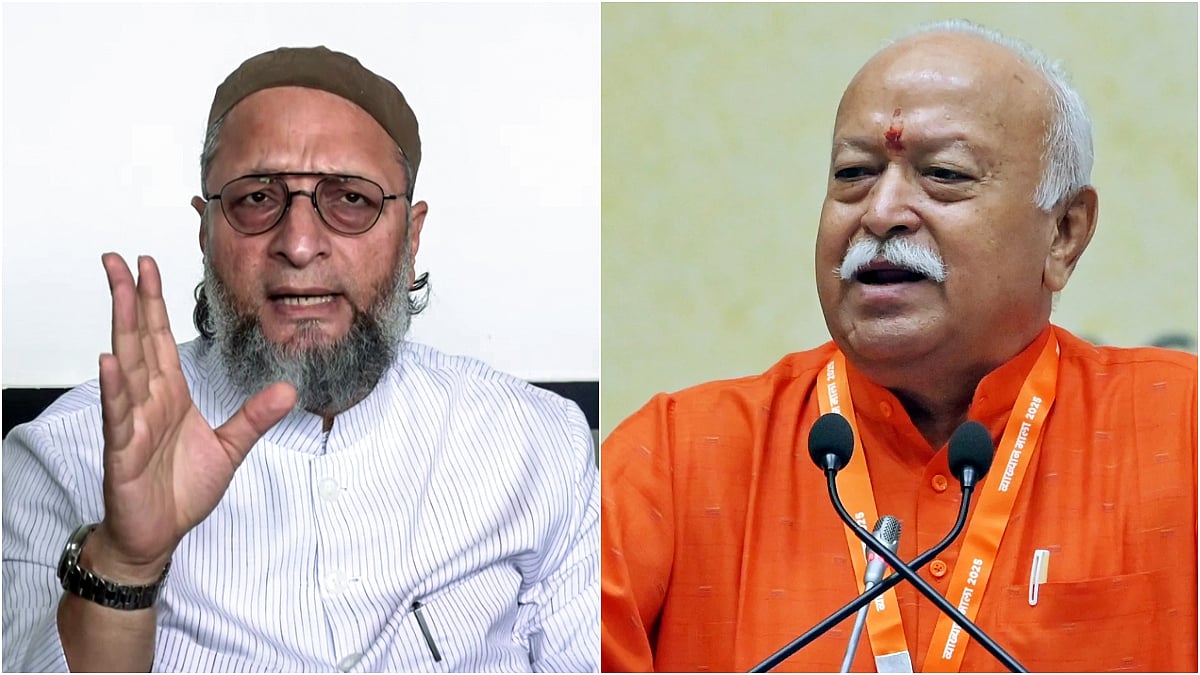
On politics, Bhagwat tried to distance the Sangh from micromanaging the BJP, remarking that if the RSS truly chose the party president, the post would not have remained vacant for so long. On migration, however, his advice that citizens avoid employing “illegal migrants” shifts responsibility away from the state, which alone has the power to enforce border controls. His most conciliatory remark came when he said, “Muslims and Christians should not be made to believe that they are different from fellow Indians because their mode of worship is different.” If taken as an admonition to his own cadres, it could mark a rare and welcome note of restraint. The paradox of the RSS is that it is more powerful than ever, yet still evasive about how it intends to wield that power.




.jpg)

